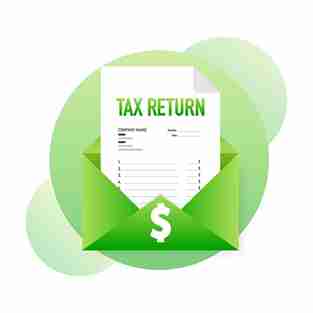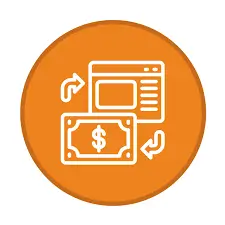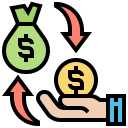5 Tax Planning Strategies for an Efficient Tax Season
Tax planning for the year-end can have a significant impact on your tax liability. At the time of quarter filing (October through December), you have time to estimate your income and plan tax strategies for the year-end tax season.
What is tax planning?
Tax planning is a legal way of reducing tax liabilities in financial years by using several tax reduction methods – qualifying for deduction and exemption available and availing tax benefits provided by the authorities. It is analyzing and managing the financial position of an individual /company to reduce tax liabilities and increase the tax breaks.
How can you get started?
Tax rules may look simple but are complicated. But with a thorough understanding and professional tax assistance, you end up reducing tax liabilities. Here are some five effective tax planning strategies that will help you to save tax bills.
1. Qualified Business deduction or QBI deduction:
QBI deduction is a 20 % deduction from the business profits for a pass-through business like LLC, Sole-proprietorship, Partnership, and S Corporation. Most of these businesses qualify for this deduction. And for SSTBs- Specified service trade or business, the deduction potentially can reduce and no longer qualifies for 20% of business profit if the taxable income reaches $163,300 for single filler and $326,600 for joint filers. Thus tax planning helps you in determining how you can preserve some or all of the QBI deductions.
2. Take a note of the expenses outside the business accounts:
Often, we forget to track the expenses that are not paid from the business accounts or even the expenses incurred both for personal and business use. Start taking note of such expenses. Prepare a list, make the reimbursement to yourself or shift them over the business account. Some examples of such expense are:
- Mobile.
- Business start-up costs such as registration, license, etc.
- Home office and other related deductions.
- Business miles covered- You can use MileIQ and QuickBooks to keep mileage logs.
- Interest in personal credit cards.
3. Tax advantages for low business profits this year:
If comparatively the business has lower profits then consider the following ways for lower tax rates:
- Delay your expenses wherever possible to 2021. You get the benefit of moving to delay your expense a year later and pay tax in the current year at low rates.
- Contribute to Roth or after-tax retirement accounts.
4. Tax advantage for high business profits:
If you have higher business profits, then consider the following ways to reduce tax bills:
- Review the expected expense for early 2021 and try to move them to December if practically possible.
- Pay for all the bills and expenses incurred before the year-end. (Even though the invoice isn’t due). Charge payments to loan accounts or credit cards.
- Contribute to traditional retirement accounts.
- Figure out the required investment that the business will need next year and invest in them (like software, computers, etc.). You can use sec 179 depreciation to deduct most or all of the purchase cost during 2020. However, such investment should be intended only to get a deduction.
5. Decide on Standard deduction vs Itemizing:
It’s better to measure the tax benefit of applying for a standard tax deduction or itemized individual tax deductions. Planning for these deductions also reduces your tax bills.
Start your tax planning with us now.
Book an appointment to connect with our tax experts.




























































